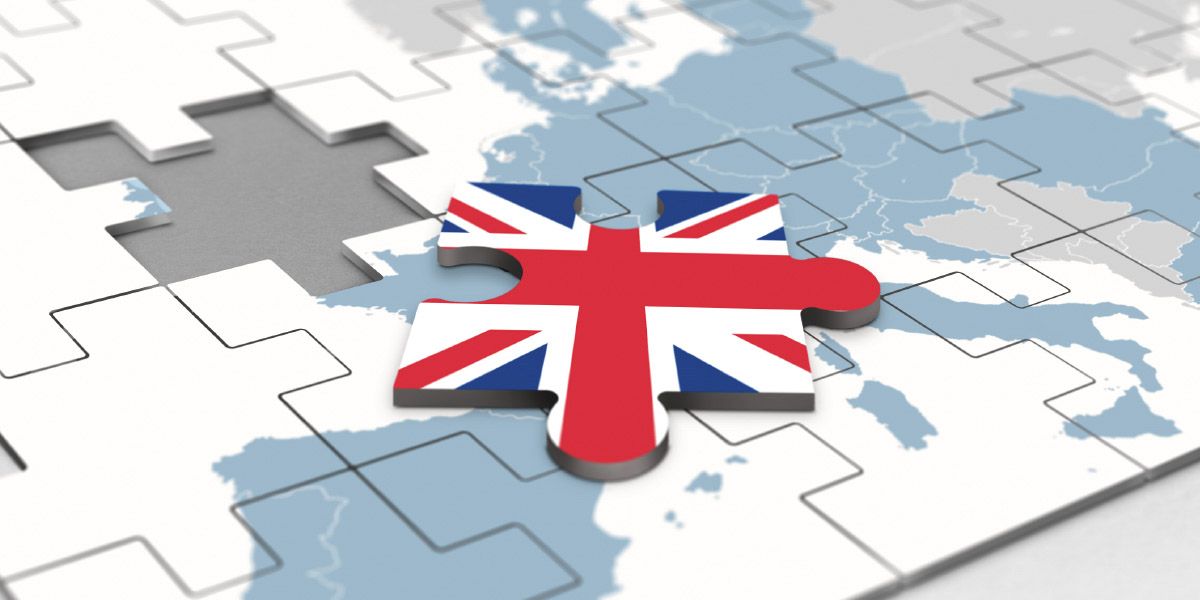It’s been just over a fortnight since Rathbones and The Spectator hosted a frenetic Brexit debate at the London Palladium. Yet in that short space of time the decision around ‘should we stay or should we go’ has continued to gather pace. And, just when you thought the debate couldn’t get any more farcical, the prime minister has issued a warning that Brexit could lead to World War III and Boris Johnson has been spotted waving a pasty from a bus in Cornwall.

Brexit: busting the myths part one
If the politicians are struggling to keep their heads and give us reasoned arguments, how can we make sense of it all? How can we as financial professionals and, more importantly, our clients make an informed decision?
There is very little foresight shown by either side, just unfounded scare stories with no factual evidence to support them and I fear there will be more of this to come in the weeks ahead. So, in the run-up to the referendum, I’ll issue a series of blogs that will attempt to add some clarity to the ongoing debate. Because, whatever the outcome of the referendum on 23 June, I do think it has important consequences for the country which could affect clients’ investments over the next few years.
The growing level of anger and mistrust between the two warring factions of the Conservative Party is plain to see. It’s possible that the prime minister and his chancellor are out of step with their grassroots members and this could have lasting repercussions.
It now seems almost impossible for either man to lead the country if ‘leave’ wins. This would mean a leadership change at a time of already great uncertainty. Clearly, such a result would be negative for sterling, gilts or UK equities.
Some have asked me if Cameron would change his mind and stand for a third term if ‘remain’ wins. Again, this seems unlikely and it could be argued that he may now struggle to get through to the third year of this Parliament given the fury he has stirred up among his internal opponents. If this proves to be the case, we could end up with a weak government distracted by internal politics, elevating the chance of policy errors. Again sovereign debt and the currency would become very volatile.
And herein lies the problem: no-one has articulated a strategy post the vote.
If Brexit happens, then we will need a strong government in place as soon as possible. The Bank of England would have to act decisively – and carefully – in its communications. This has not been its strong suit in recent times!
I suspect the BoE would likely answer a Brexit vote with more quantitative easing, together with tax reductions in the business sector, rather than an interest rate cut which would not help the pound.
If we do get more QE we could see more liquidity pumped into property and corporate bonds which would make the party go on longer, but the resulting hangover could be brutal.
I’ll touch more on this in the next Brexit blog and what positive steps the government could take whether we leave or remain.

